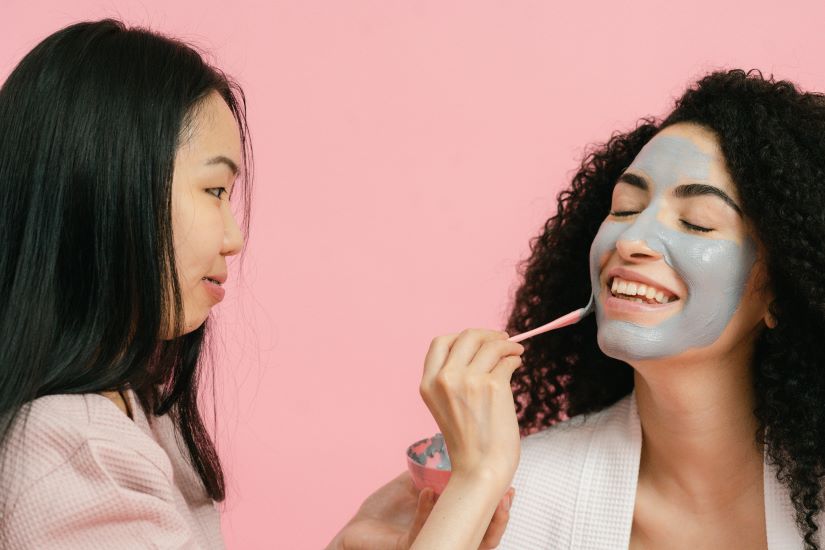Why Do Women Get Unwanted Hairs?

Unwanted hair growth in women, also known as hirsutism, is a common condition that can cause distress and affect self-confidence. While hair growth is a natural and normal occurrence, excessive or unwanted hair growth in certain areas of the body can be attributed to various factors. Here are some reasons why women may experience unwanted hair growth:
1. Hormonal Imbalance: One of the most common causes of unwanted hair growth in women is hormonal imbalance, particularly elevated levels of androgens, such as testosterone. Conditions like polycystic ovary syndrome (PCOS) can lead to increased androgen production, resulting in hirsutism.
2. Genetics: Genetics play a significant role in determining hair growth patterns. If a woman has a family history of hirsutism or excessive hair growth, she may be more prone to experiencing unwanted hair growth herself.
3. Medications: Certain medications can cause unwanted hair growth as a side effect. These may include corticosteroids, certain hormonal medications, and medications used to treat conditions like epilepsy and cancer.
4. Medical Conditions: Underlying medical conditions, such as adrenal gland disorders, thyroid disorders, and tumors, can disrupt hormone levels and contribute to unwanted hair growth in women.
5. Ethnicity: Some ethnic groups are more likely to experience hirsutism due to genetic predisposition. For example, women of South Asian, Mediterranean, and Middle Eastern descent may have naturally darker and coarser hair, which can make unwanted hair more noticeable.
6. Age: Hormonal changes that occur with age, such as menopause, can affect hair growth patterns in women. As estrogen levels decline and testosterone levels may increase, some women may notice an increase in unwanted facial or body hair.
7. Lifestyle Factors: Certain lifestyle factors, such as stress, poor diet, and lack of exercise, can contribute to hormonal imbalances and exacerbate unwanted hair growth in women.
8. Insulin Resistance: Insulin resistance, often associated with conditions like PCOS and obesity, can lead to elevated insulin levels, which in turn can stimulate androgen production and contribute to hirsutism.
9. Puberty: During puberty, hormonal fluctuations occur as the body matures. This can lead to temporary increases in androgen levels, resulting in temporary hirsutism in some adolescent girls.
10. Idiopathic Hirsutism: In some cases, the cause of unwanted hair growth in women may not be readily identifiable, and the condition is referred to as idiopathic hirsutism.
While unwanted hair growth can be a source of frustration for many women, there are various treatment options available, including shaving, waxing, threading, laser hair removal, and medication. It’s essential for women experiencing hirsutism to consult with a healthcare professional to determine the underlying cause and develop an appropriate treatment plan tailored to their individual needs.
Picture Courtesy: Google/images are subject to copyright








